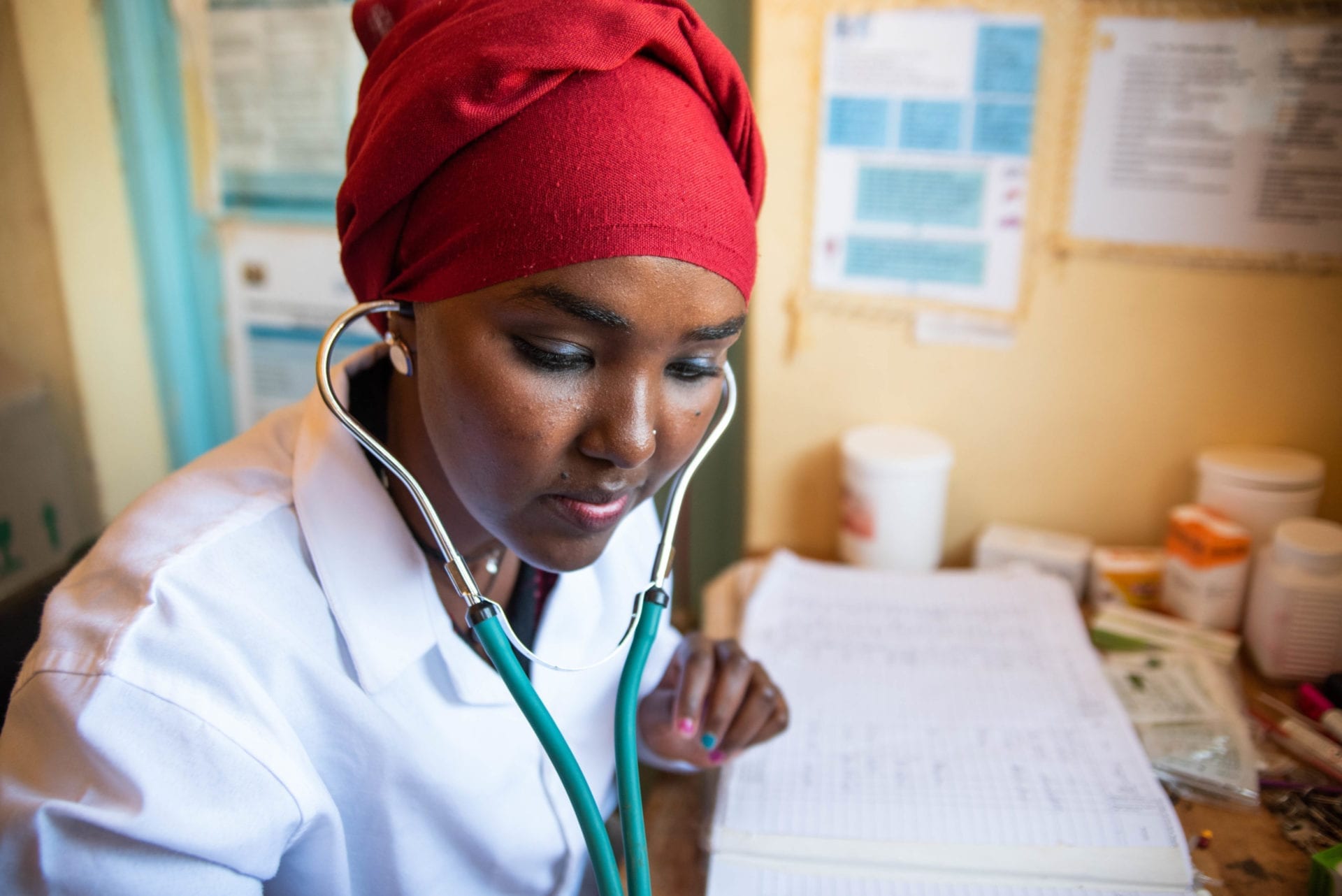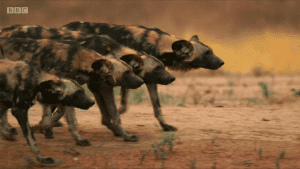Conservation & Wildlife Security
Visit to Reteti
Opened in August 2020, Reteti Elephant Sanctuary is the first community owned elephant orphanage in Africa. Located in Namunyak Wildlife Conservancy in Samburu, the sanctuary is designed to rescue and release orphaned and abandoned elephant calves, whilst creating much needed benefits to the local people that live alongside them.
On the 3rd of this month, 10 members of Loisaba’s security department had the opportunity to visit Reteti, and see how the three calves (Longuro, Loketu and Sikampi) they bravely rescued at Loisaba earlier this year were getting on. They are all doing well, and have adapted fully to their new home in Reteti where they receive dedicated care from a passionate team.
“Love is an important part of caring for the calves; we care for them like our own children. We spend most of the time with them than our own families and that has made us be so attached to them that we feel sad whenever they are translocated to Sera because of the bond we have created with them. Reteti has proved that the biggest enemies according to the communities, can be great friends, that is elephants and human beings. We as Reteti hope that the released elephants will one day reconnect with their family members, either the mothers, brothers, sisters or cousins” said Naomi Leshonguro, one of the elephant keepers at Reteti.
The Loisaba team were very impressed by the work Reteti is doing to ensure that elephants survive, despite losing or being abandoned by their mothers, and what they are doing to improve the standards of living of the surrounding communities.
Community
Health
During the COVID-19 Pandemic, we are continuing to support our local communities. Two outreach clinics were conducted this month (15th and 22nd) at neighbouring towns with little access to healthcare, with a total of 119 patients treated. They were also educated about COVID-19 with the team giving information on the symptoms and preventative measures, including teaching the children social distancing. This brings the total number of patients attended to in 2020 by our Clinical Health Officer Kaltuma to 976.
Security
In addition to providing healthcare, Loisaba continues to support the local communities with any security related incidences that require assistance. This month, our Security Manager received information from community members regarding an attack on two bomas (cattle corals), where 66 cattle were stolen. Our Rapid Response Team was immediately mobilised at 4am in order to help track down the stolen herd, with our plane joining the search at sunrise. Eight cattle and two donkeys were recovered after a short period of time, and the operation was taken over shortly after by the Wamba Police Department and the Area Chief.
Photo of the Month
If you have any photos from your stay at Loisaba that you would like featuring on our social media, please email them stating how you would like it to be credited to Hannah at [email protected]!






































